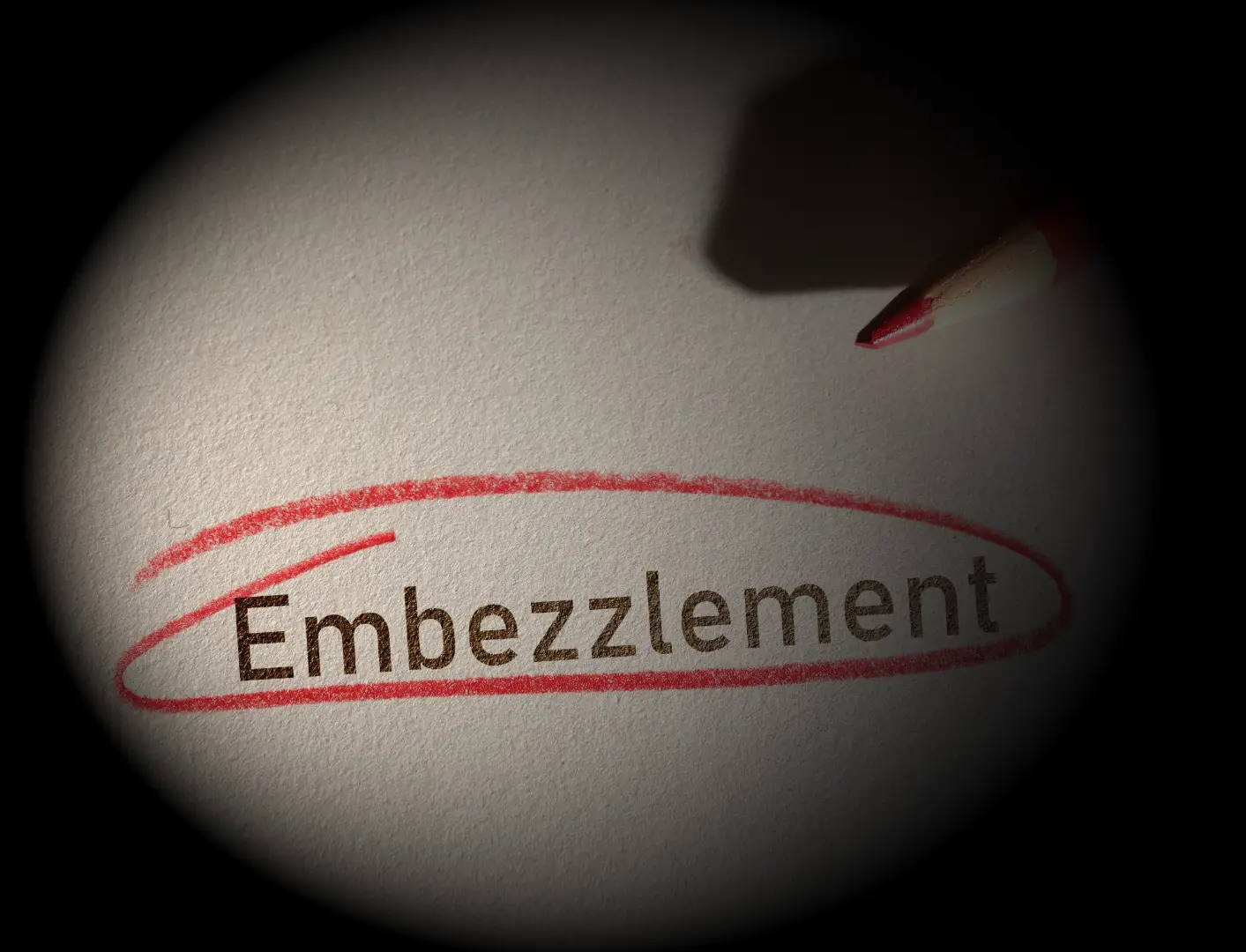What Is Criminal Trespassing?
Picture a private parcel of land surrounded by a modest fence and an unassuming sign nailed to a nearby tree reading, “Private Property, No Trespassing.” What is criminal trespassing? On the surface, the rules seem straightforward: stay off property that isn’t yours. However, in the context of criminal law, whether an act constitutes criminal trespassing…





